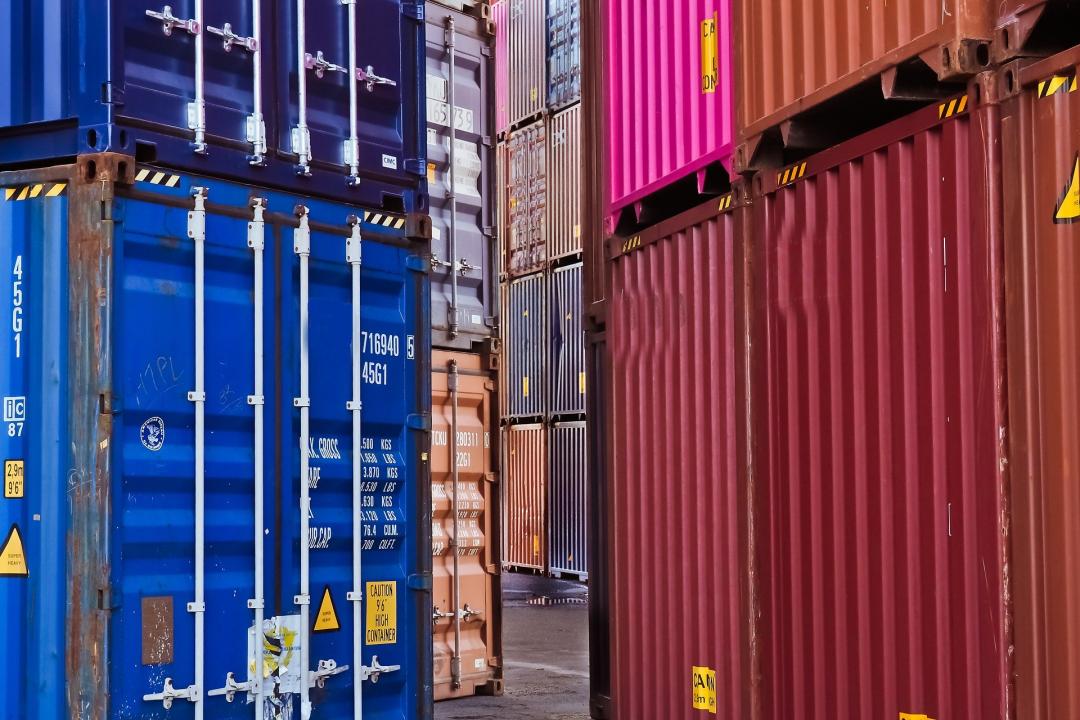
Azerbaijan ratifies the intergovernmental agreement on dry ports

On 1 April, the Azerbaijani Parliament ratified the Intergovernmental Agreement on dry ports, reported trend.
The document provides for the creation of a system of “dry ports”. This is a logistics complex that provides services for the maintenance, temporary storage of containers and other types of goods of import and export destination with the possibility of organizing customs inspection and clearance of goods directly on the spot. Typically, the “dry port” is located on one of the access routes to the port and performs auxiliary functions.
It can also be used as a full-fledged marine cargo transshipment center. In this case, customs inspection is carried out directly in the “dry port”, and all necessary documents are registered immediately to the destination without the need to re-register the goods already in the seaport.
At the same time, according to the note in the document, its provisions will not be applied by Azerbaijan in relation to Armenia. “Azerbaijan cannot ensure the implementation of the provisions of the agreement in the Armenian-occupied territories of the country,” the statement said.
The following ports in Azerbaijan were identified as dry ports: Baku Cargo Terminal of Heydar Aliyev International Airport, Baku; Heydar Aliyev International Airport, Baku; Balakan Cargo Terminal, Azerbaijan–Georgia border; Bilasuvar Cargo Terminal, Azerbaijan–Iran border; Gabala International Airport; Ganja International Airport; Julfa Cargo Terminal, Azerbaijan–Iran border; Lankaran International Airport; Nakhchivan International Airport; Silk Way Cargo Terminal, Baku; and Zagatala International Airport.
The agreement was adopted by the United Nations Economic and Social Commission for Asia and the Pacific (UNESCAP) in 2013. Afghanistan, Bangladesh, China, India, Iran, Kazakhstan, Laos, Mongolia, South Korea, Russia, Tajikistan, Thailand, Turkmenistan and Vietnam have ratified the document so far.
See Also


Mirzoyan Meets US Deputy Assistant Secretary Joshua Huck

Azerbaijani President Holds Talks with UAE and German Business Delegations on Economic Cooperation

Grigoryan Confirms Armenia’s Readiness to Dissolve OSCE Minsk Group Upon Peace Treaty Signing

Azerbaijani Official Warns of Ecological Risks to Caspian Sea, Similar to Lake Urmia and Aral Sea

